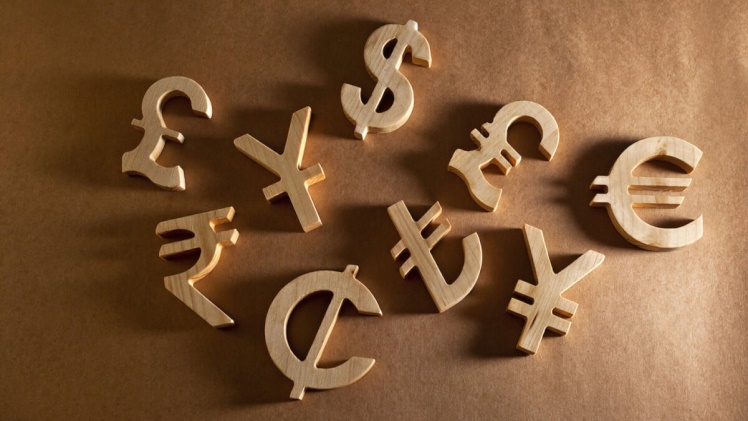Have you ever wondered why countries pay so much attention to the exchange rate? Well, that’s because the currency exchange rate is one of the most important determinants of a county’s economic health. There is a major watch on exchange as they play a crucial role in the country’s level of trade. Every day, exchange rates are analyzed and studied. Other than a country’s perspective, exchange rates can play a major role in the return of an investor’s portfolio. Hence, the exchange rate impacts various things as it keeps fluctuating. Why? Continue reading further to find out what influences the exchange rate.
4 Factors That Influence the Exchange Rate
1. Fluctuations in Interest Rates
Interest rates have a high correlation with the exchange rate. So, whenever there is a fluctuation in the interest rate, the exchange and inflation rate are influenced as well, impacting the values of a country’s currency. When there is a high-interest rate, lenders achieve a higher return, effectively attracting foreign capital, causing the exchange rate to rise. If a country’s inflation rate is the highest compared to others or lower, then they experience a decrease in the exchange rate.
2. The Inflation Rate
The inflation rate is the rate at which the level of prices for goods and services rises. When a country has been dealing with a lower inflation rate at a consistent level, the inflation rate automatically causes a rising currency value due to an increase in purchasing power relative to other countries. Countries that have a higher inflation rate are bound to see depreciation in the currencies of their trading partners. This can sometimes happen even with high-interest rates.
3. Public Debt
To source extensive government funding for public sector projects, a country usually engages in large-case deficit financing. Such activity usually stimulates the local economy, and nations with large public deficits debts become less attractive or impressive to foreign investors. This happens because the debt is usually serviced and paid off with cheaper dollars when there is inflation, and a large debt always encourages a high inflation rate.
Even if the government prints more money to pay off the debt, the increase in the money supply would only cause inflation. If the government isn’t able to pay off the deficit, it has to raise the securities of all sales to foreigners, hence lowering the prices. A large debt also gets foreigners worried, especially those who believe that the country fails to pay its debt. Consequently, foreign investors lose confidence in a particular currency. Therefore, the public debt can greatly influence the exchange rate.
4. Current Account Deficits
There is a balanced trade that occurs between a country and its trading partners, which influences payments of goods, interest, dividends, and goods between countries; this is a current account deficit. The deficit in a current account showcases how the country spends more on foreign trade compared to what it actually earns. It also showcases how the country is taking capital from foreign resources to cover deficits.
When a country demands a higher foreign currency, the exchange rate automatically lowers, and this will only change once foreigners get local goods and services at a cheaper rate. It may also change when foreign assets become too expensive to give out sales for local interests.
Final Words
By reading this article, hopefully, you will understand how a declining exchange rate can decrease the purchasing power of capital gains and income that derive from different returns. This means it can increase just about anything, such as interest rates, capital gains, and inflation. Exchange rates play a major role in the return on investment, and this is why fluctuations are highly noted and have a big impact. It is important to keep its influence in mind because of the way it affects potential investors.

